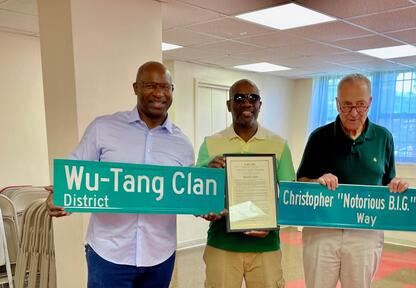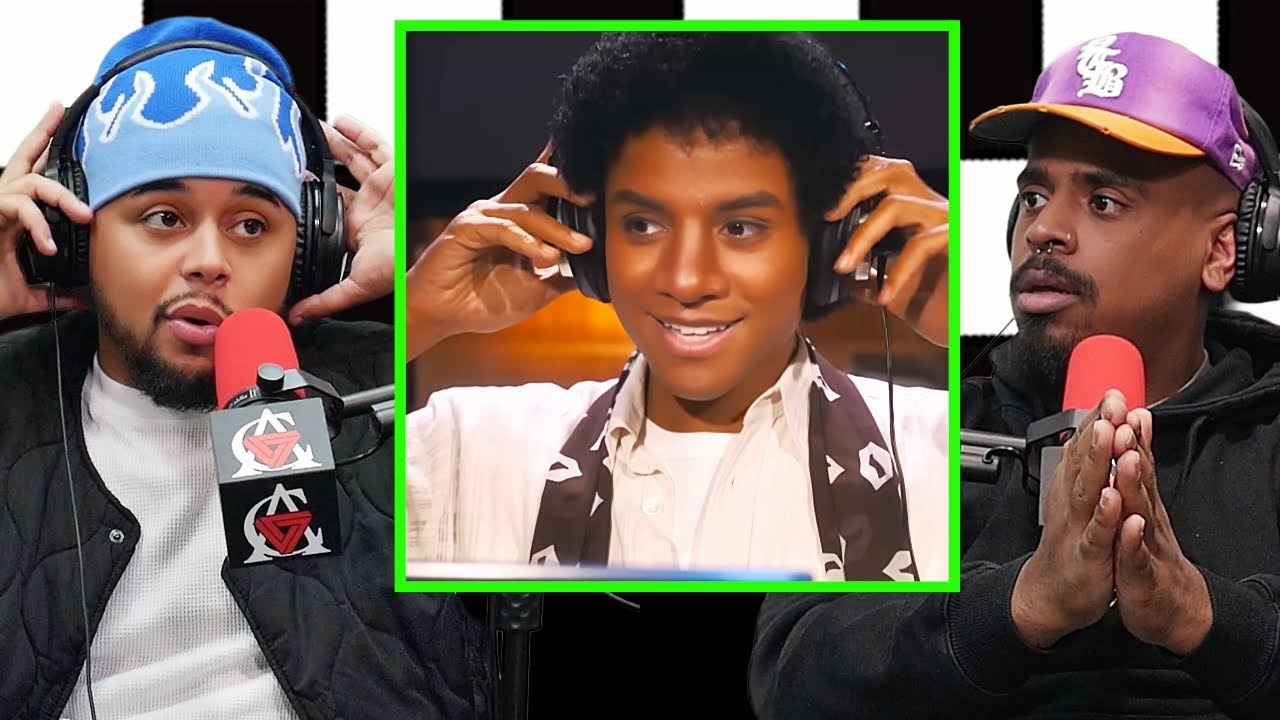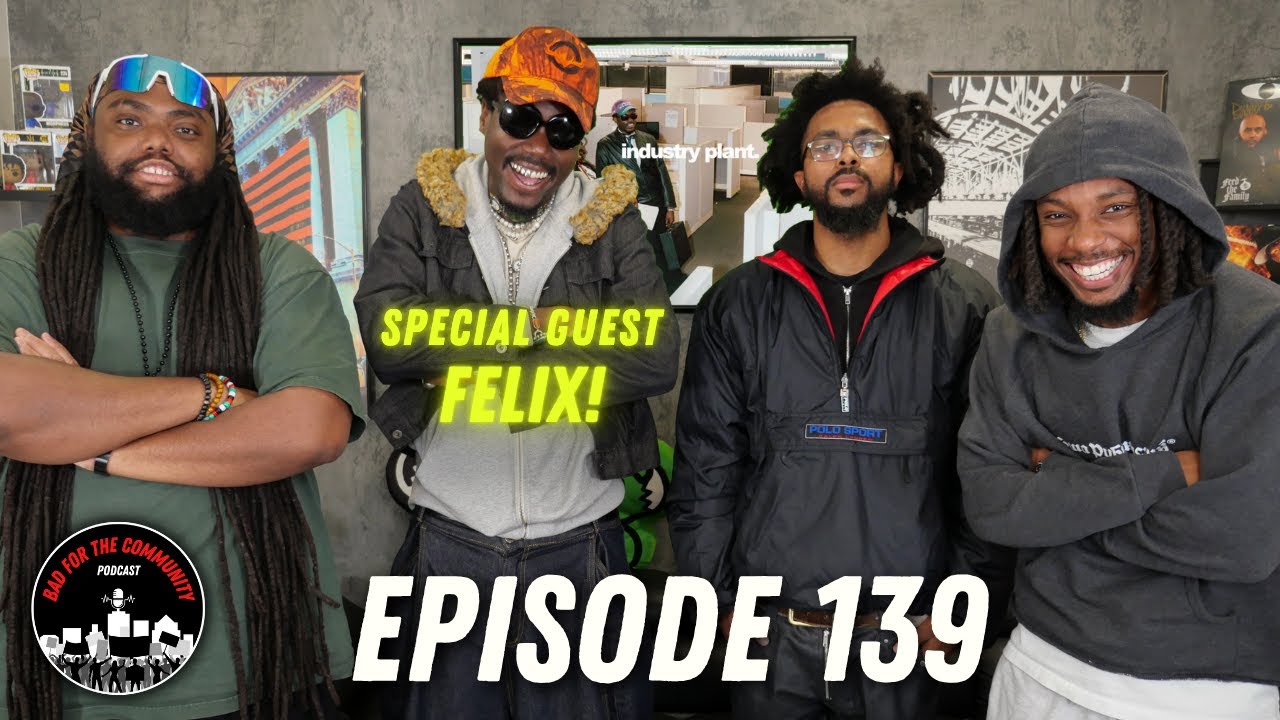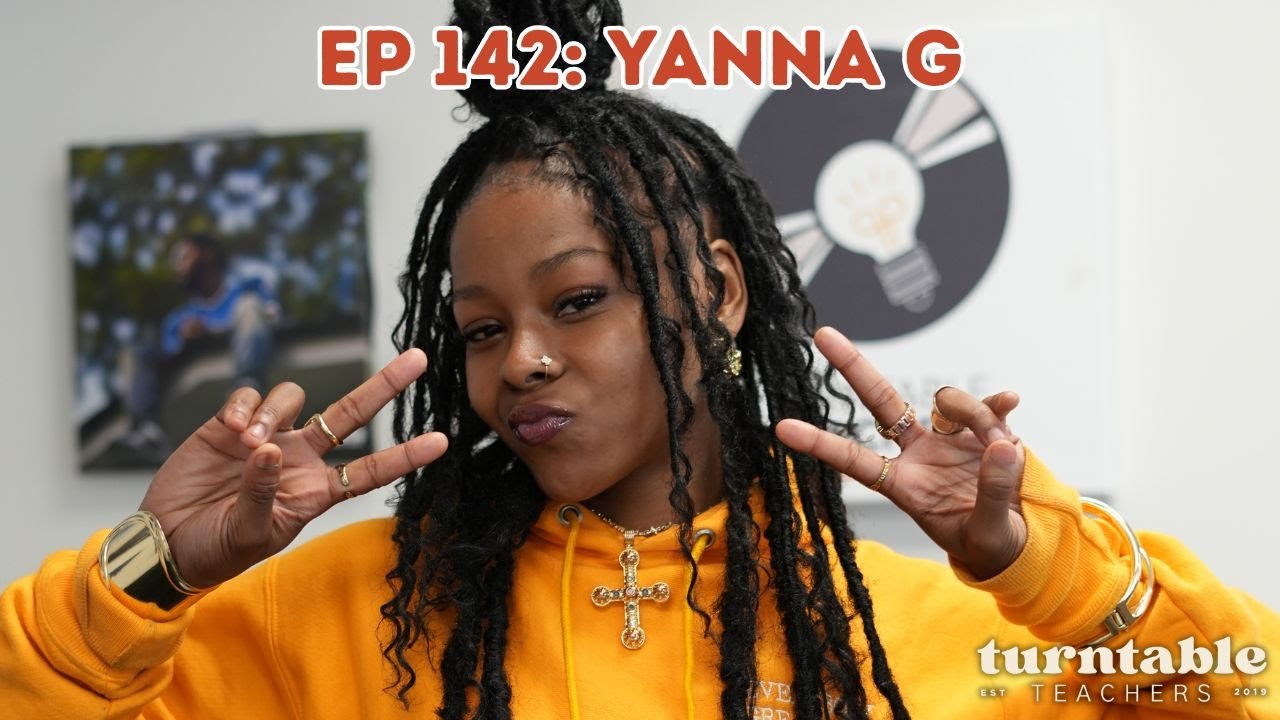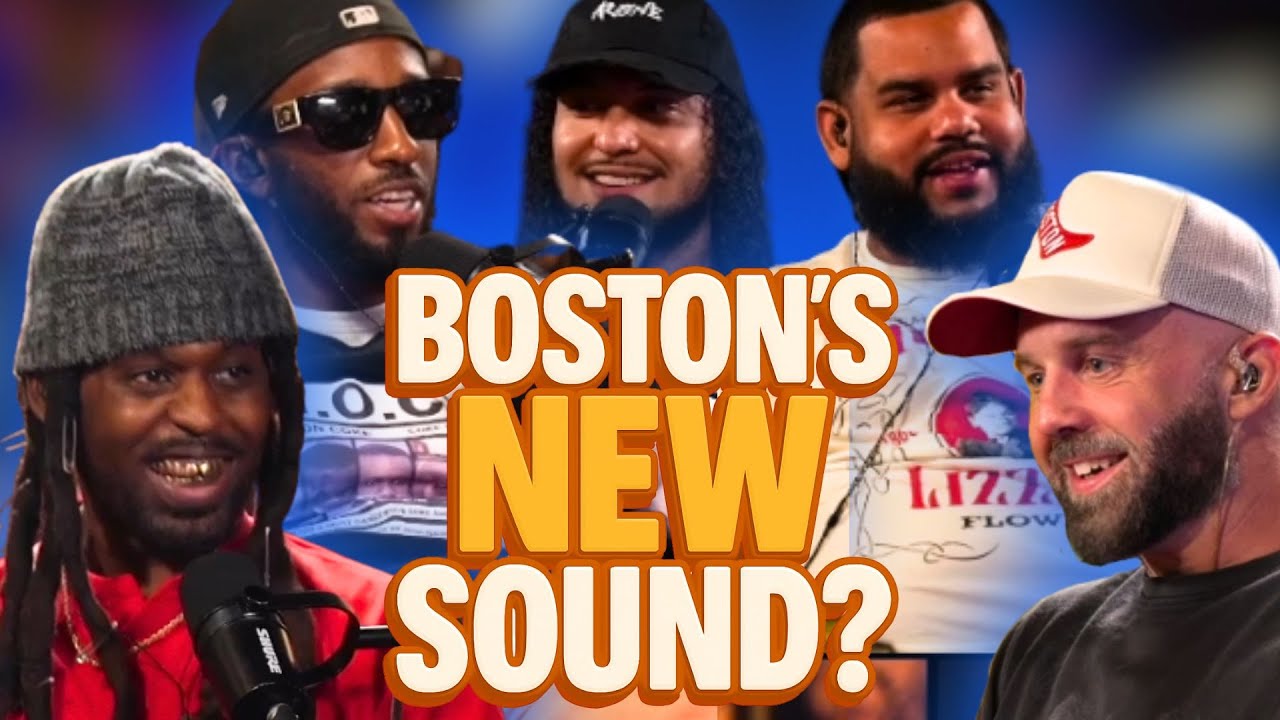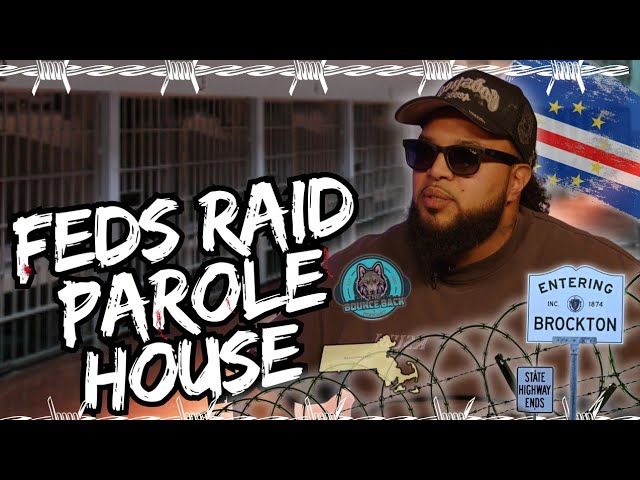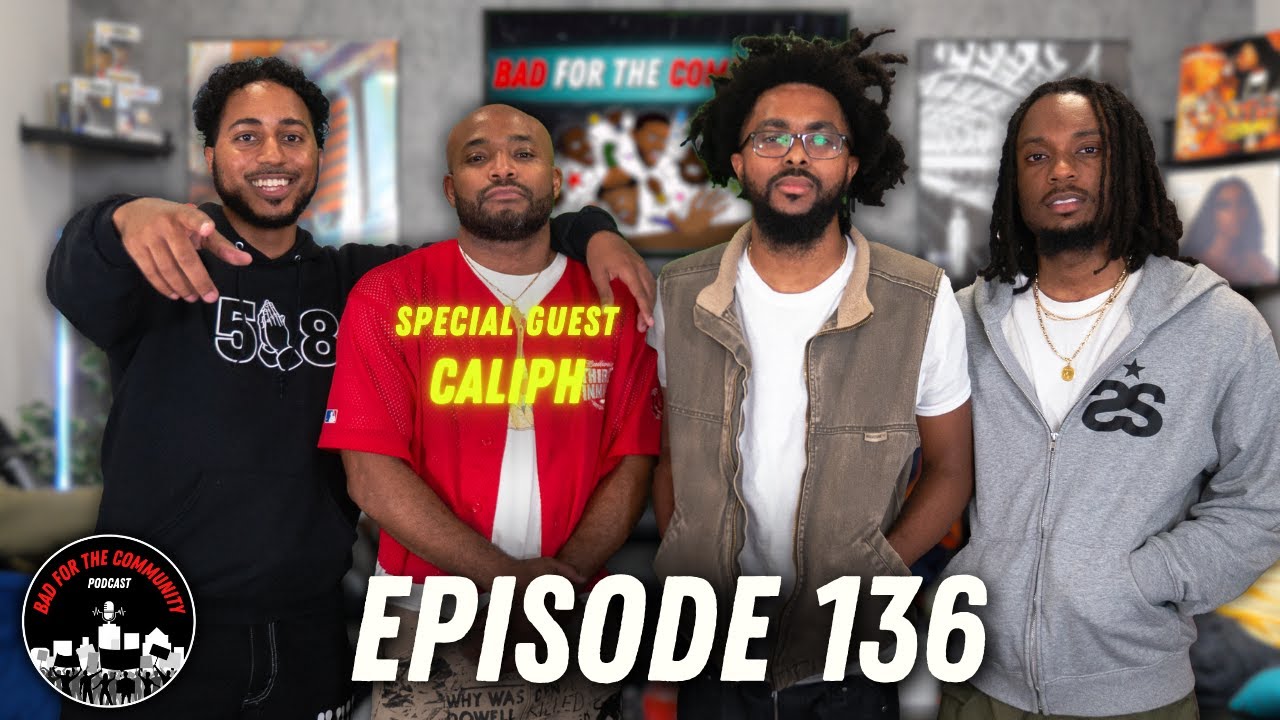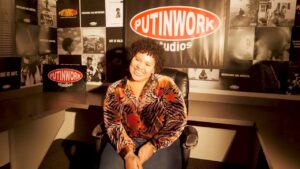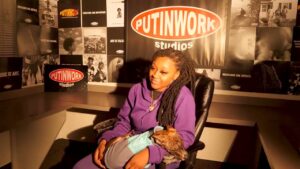LeRoy McCarthy has made a name for himself as a renowned chronicler of hip-hop. The Brooklyn native, a self-described “cultural advocate,” has devoted his life to making sure Hip Hop and the musicians who contributed to its thriving, global culture are appropriately commemorated.
Through his business, HeteroDoxX Inc., McCarthy has spearheaded campaigns to rename streets in Brooklyn, Oakland, Staten Island, and Manhattan in honor of artists like The Notorious B.I.G., the Wu-Tang Clan, the Beastie Boys, and De La Soul, with many more in the works.
Hip Hop Celebration Day, which is observed on August 11, and the full month of August, which has been called “Hip-Hop Recognition Month,” are signs of Congress’ acknowledgement of McCarthy’s efforts.
McCarthy remembers being fascinated with every aspect of Hip Hop from his earliest beginnings. A lasting impression of the culture was made on his mind as a result of getting a bird’s eye view of it, and he has been in love with it ever since.
“I’m 55, so I pretty much grew up in the Hip Hop era; it was already developing when I was a child. It was still in its infancy while I was growing up in the late 1970s and early 1980s, McCarthy told HipHopDX. “Rappers Spoonie Gee could be heard on records, at block parties, and at the various events where I went to school in Brooklyn, in the playgrounds, or in the school cafeteria. My earliest recollections of hip hop were the parties in Brooklyn because hearing and witnessing it flourish while I was growing up was simply a regular thing.
McCarthy, who shares DJ Kool Herc’s Jamaican birthplace with him, moved to the United States with his family as a young child. McCarthy was aware of how West Indian culture influenced Hip Hop. He claims that block parties with loud music have their origins in Jamaica.
He explains, “Over the top speakers and sound systems are absolutely a Jamaican thing. The DJs, or selectors as they were known, talked over the music records and frequently mixed them. In Jamaican and Caribbean cultures while I was growing up, even in church, we had a different way of doing things, which I can see reflected in how Hip Hop was evolving.
Where I grew up, in Brooklyn, block parties and backyard gatherings were frequent occurrences, as were loud music, sizable speakers, and speakers atop speakers. Rappers and DJs just emerged from the neighborhood as hip-hop graduates.
McCarthy began his career as a cultural activist in 1997 while working as an intern on Spike Lee’s film He Got Game. He spent the following two decades managing locations. While still in high school, he even received an acting credit in the Hip Hop classic Above The Rim.
I was a background extra on Above The Rim even before I started working in the film industry. My school, Tilden High School in Brooklyn, served as the location. I just happened to be passing by the set when I spotted a person I knew who knew another man who was hiring extras for the movie, the man said. “They asked me if I wanted to work, and I responded ‘Yeah.’ Tupac, Leon, and the other actors were present while we worked for two whole days in the Tilden gym. Returning to the present, I contacted Leon when I learned the street name for 2Pac, and he responded with a letter of support.
Working with legislators, towns, cities, and boroughs is often necessary in order to get the cities to give street names to Hip Hop luminaries. McCarthy claimed that the Beastie Boys were the most difficult street moniker he had to work to establish due of the amount of paperwork, red tape, and disregard for the contributions of legendary Hip Hop artists.
Because of their politics, the community board in Manhattan and the politics did not deem the Beastie Boys deserving of a street name. There was a nice lady on the city council at the time, but her staff didn’t really consider recognizing them, he said. “We didn’t finally get it approved until we had a new city council and a new council member, Christopher Martre, started serving that same area. He collaborated with us, and in 2022 the city council approved it. The dedication of the upcoming Beastie Boys street naming in Manhattan will take place in September 2023.
McCarthy is also working on designating streets for Outkast, The Fugees, and Naughty By Nature, as well as a Public Enemy Turnpike Dedication. His grandmother, who taught him to take good care of all he values, is the source of inspiration for his hard effort. McCarthy exemplifies this mentality through his dedication to safeguarding Hip Hop’s past for future generations.
“Garveyites made up my granny. There is something to be said about Marcus Garvey’s movement and what he aimed to achieve. But how can we communicate that point today? Because many people who talked of returning to Africa didn’t actually do so, he said, “it’s not necessarily back to Africa in a literal sense. “However, I believe that respecting Hip Hop could lead to empowerment. Biggie, Tupac, A Tribe Called Quest, Wu-Tang, the Roots, and other artists are just a few examples. I feel it can empower the Hip Hop community, and I’m even working with Senator Chuck Schumer to create a resolution that praises Hip Hop,” he stated.
“I visited Nashville throughout my travels; Nashville is known for its love of country music. Jazz music is a popular celebration in New Orleans. Hip Hop is an indigenous American form, and New York City should celebrate the culture throughout its 50th anniversary year and beyond, McCarthy continued. “Even if the communities where hip hop originated change over time, having streets named after iconic Hip Hop figures empowers those communities. Therefore, the fact that Biggie Smalls has a street name in Brooklyn now is quite important.

